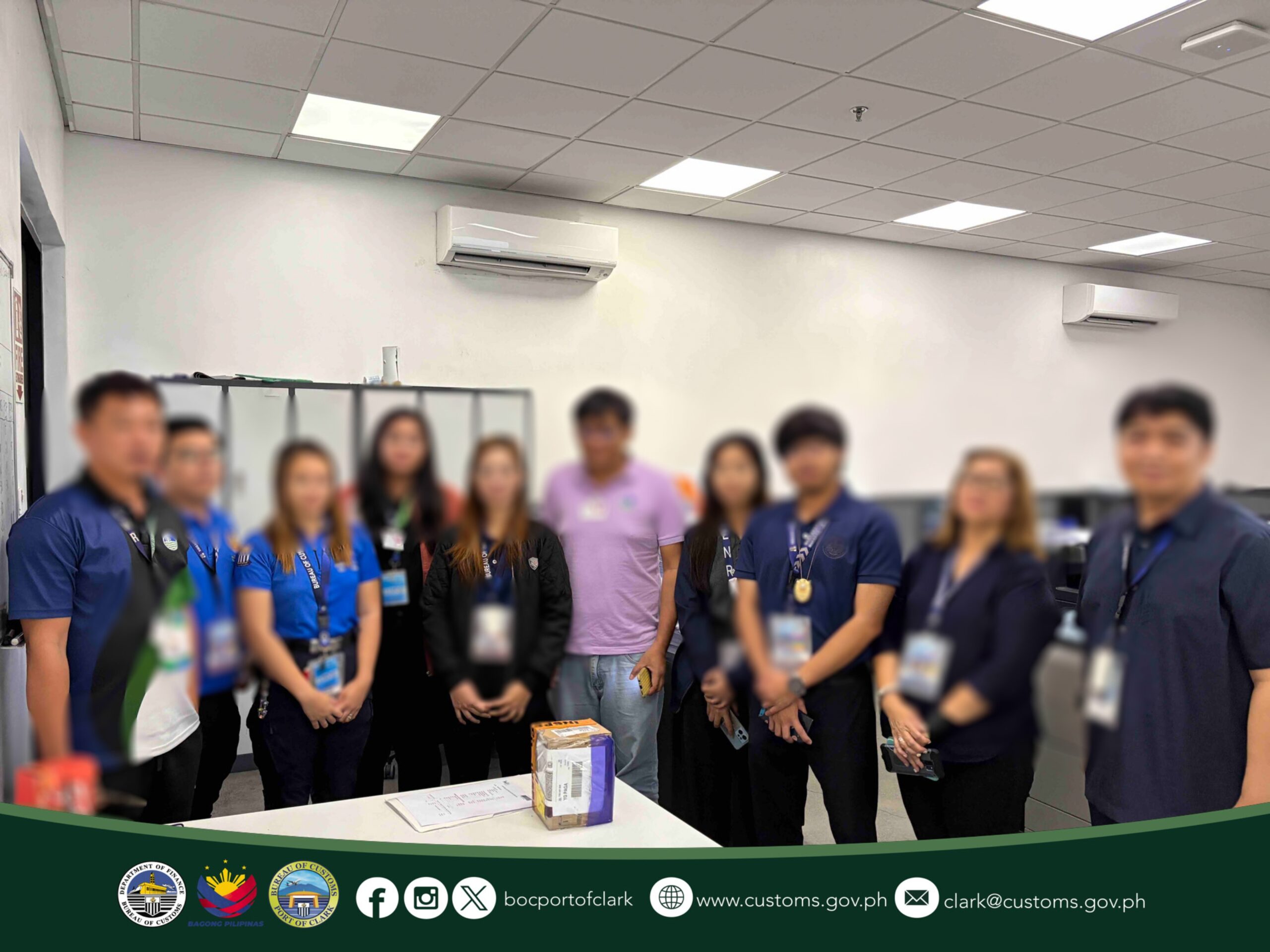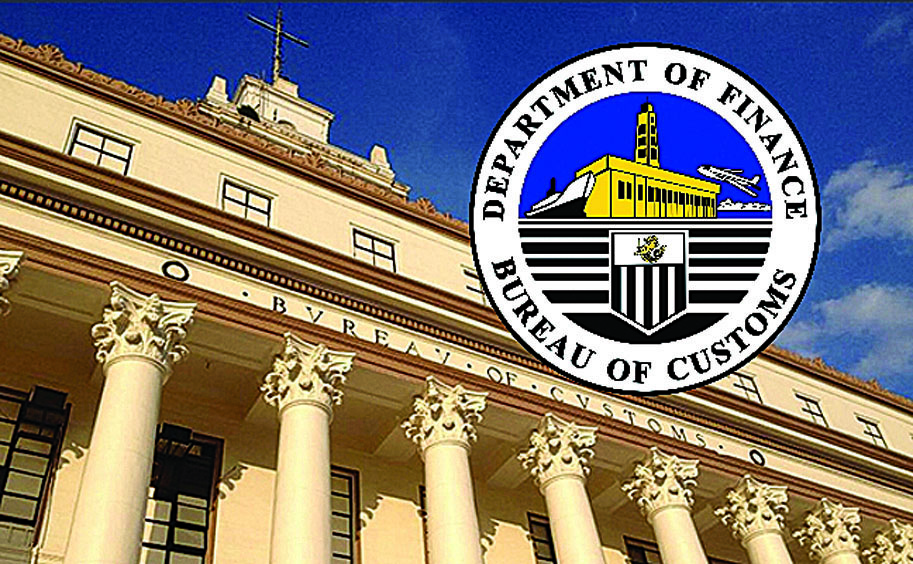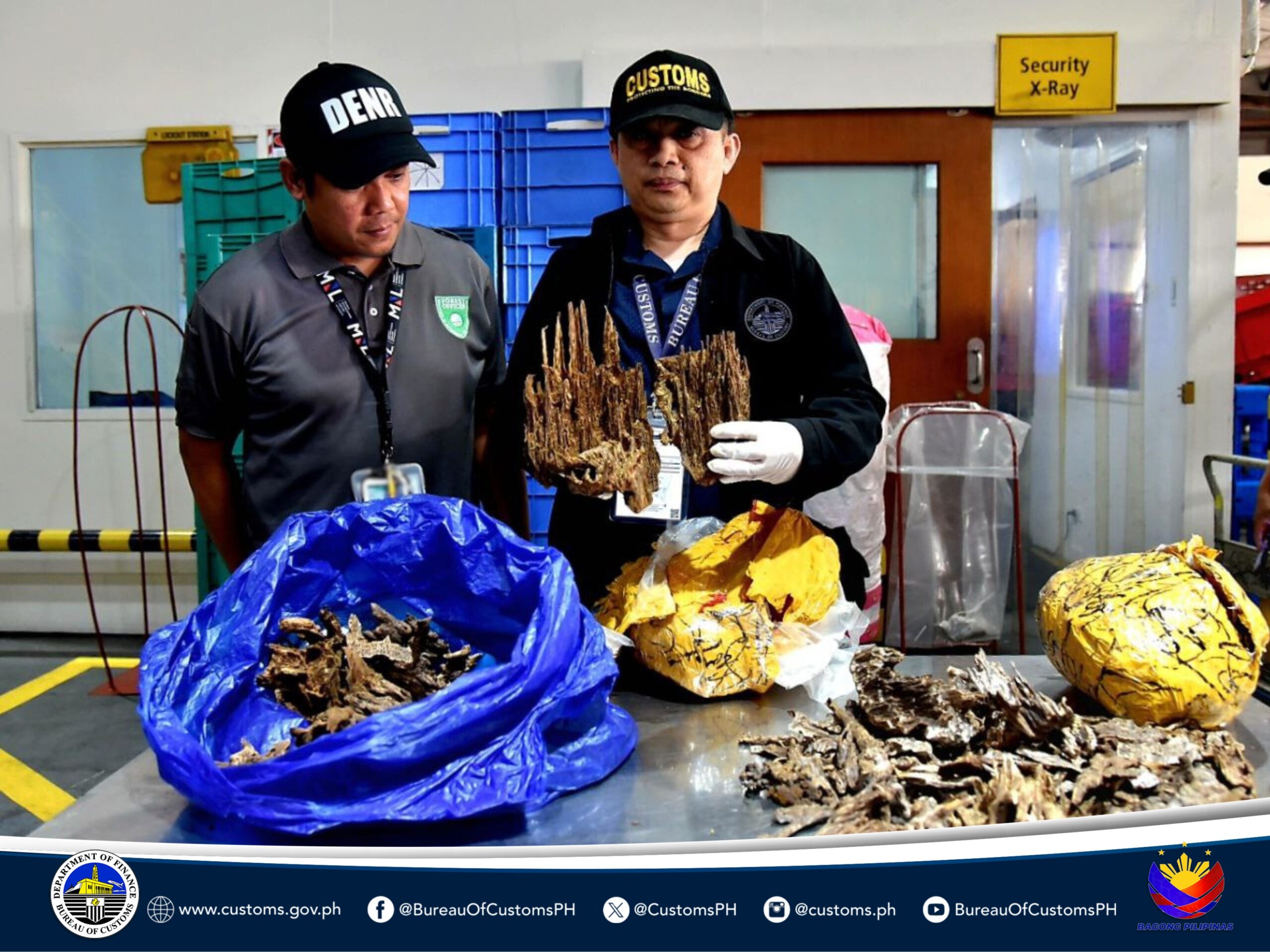
In a shocking Senate inquiry on 28 October 2024, former Philippine President Rodrigo Duterte openly admitted that he orchestrated a covert death squad. Duterte claimed the squad—a team of seven (7) wealthy, unrelenting “gangsters”—was created to hunt down criminals in a ruthless campaign to clear the streets of illegal drugs, rapists, and thieves and protect the interests of business owners. With chilling nonchalance, he maintained that this group existed solely to eliminate threats, not his political adversaries.
The revelation struck a nerve when Duterte went further, acknowledging that he had, indeed, killed people and had spared no one in his crusade. Yet, he defended the Philippine National Police (“PNP”), urging the public to direct their anger elsewhere. This death squad, Duterte insisted, was purely his operation, distanced from official law enforcement. He maintained absolute authority, claiming he could command a gangster to kill—and if they refused, he would not hesitate to turn his weapon on them.
Duterte then rationalized the exclusion of police from the squad, explaining that their involvement would lead to suspensions, crippling their families’ livelihoods. He spoke almost as though he were shielding these officers, a dark irony considering his hands-on approach to violence.
As the tension in the Senate grew, Senator Risa Hontiveros, seeking clarity, asked about the identities of those involved. Duterte, with cold calculation, revealed that those who had once operated under his orders were now all deceased. They had taken their secrets to the grave, he claimed. This assertion left the Senate chamber in tense silence; it appeared that the former President had created a web of violence so intricate that it had consumed even its members.
The atmosphere grew tenser as Duterte’s admissions echoed the methods once used in Davao—methods retired Police Colonel Royina Garma had previously testified before the Quad Committee hearings were the blueprint for the nationwide anti-drug campaign, a campaign incentivizing police to kill and rid the streets of those Duterte had deemed as “pests”. Duterte fiercely this mandate: that every police officer should eliminate the accused, clearing the world of what he deemed as “pests.” He even admitted to directing police to provoke the accused into resisting, creating a convenient excuse to end their lives. This admission aligns disturbingly with testimonies before the Quad Committee, where witnesses like Garma exposed the infamous “nanlaban” defense of the PNP under Duterte’s reign as nothing more than a calculated charade. These killings weren’t acts of self-defense—they were systematic executions, ruthlessly carried out to meet quotas and driven by the lure of cash incentives. Officers received payouts ranging from PhP20,000 to a staggering PhP1 million per target, a reward system that turned bloodshed into a dark, transactional currency.
However, the day’s revelations didn’t end there. In a shocking turn, Duterte accused sitting Senator Bato Dela Rosa and former Davao police chiefs of complicity in the Davao Death Squad. This admission is reminiscent of the testimonies of Garma, Jimmy Guban, Jed Mabilog, Jovie Espenido, and other witnesses who stated that Bato was Duterte’s primary attack dog and acted as the implementor of the nationwide model.
This accusation directly contradicted Bato’s recent public statements, in which he flatly denied the existence of any such death squad. Just days before the Senate inquiry, Bato had confidently stated that the death squad was nothing but a rumor and vowed to prosecute anyone proven to be a member. But now, faced with Duterte’s confession, Bato’s denial appeared to many as a calculated deception. Duterte’s challenge was unmistakable: if Bato truly believed in justice, he would have to bring charges—against himself.
Duterte’s confession has unearthed a grim chapter in Philippine history that will not be easily forgotten. The revelations raise harrowing questions about justice, human rights, and the corrosive influence of unchecked power. As the inquiry continues, many Filipinos are left grappling with the truth of Duterte’s legacy—one marked not just by rhetoric but by a clandestine operation that blurred the lines between crime and punishment, turning justice into a weapon of fear. The world watches as the Philippine Senate considers how to address these revelations, but the wounds may never truly heal for those who lived under Duterte’s rule.




